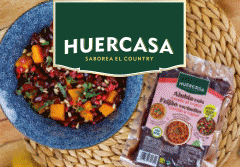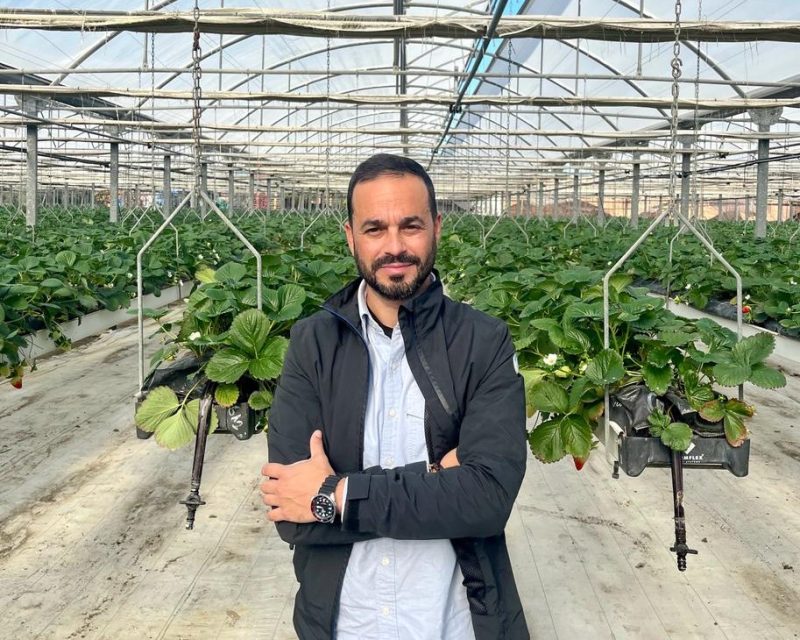In fact, it is the European area where its activity is growing most, having reached 50 million plants of the strawberry varieties grown by the producing companies in the current 2023-2024 campaign.
In spite of the fact that the surface area planted with strawberries in the province of Huelva has seen a five percent reduction in this campaign, Nova Siri Genetics has managed to increase its activity significantly, given that these 50 million plants mean a 34% growth compared to the previous 2022-2023 campaign.
NSG 2023–Marimbella®, NSG 207–Gioelita® and NSG 465–Rossetta® are, in this order, the most popular varieties from Nova Siri Genetics in the province of Huelva. The three are early strawberry varieties that allow producing companies to bring the availability of this fruit forward to the months of November and December, with high quality strawberries and outstanding yields regarding kilograms per hectare.
In fact, the yields of the Marimbella® variety in the province of Huelva exceed 50,000 kilograms of strawberries per hectare and it is becoming consolidated as the variety most grown from the Nova Siri Genetics programme in this south-western region of Spain, with a total of 31 million plants that have been cultivated during this campaign.
As Joaquín Domínguez, Sales Manager in Spain and Morocco for Nova Siri Genetics, explains, “the outstanding growth of the early varieties developed by this company is endorsed by the values of extensive adaptability to the different cultivation systems (conventional, hydroponic, non-disinfected soils and ecological), which means that they are found all over the different agri-environments and production areas of the province of Huelva.”
Likewise, the executive emphasises aspects of these varieties such as “the hardiness, as they are resistant to botrytis and to other diseases caused by the main fungal pathogens in the soil, taking into account the sector’s commitment to non-disinfection of the soil. Added to this is the quality that is reached thanks to having strawberries with excellent organoleptic characteristics, such as aroma, flavour, shape, size, consistent flesh and elastic epidermis for a long shelf-life and, of course, earliness thanks to crops that guarantee productions at the end of the autumn and the beginning of the winter.”
Accordingly, Nova Siri Genetics’ aim, according to Joaquín Domínguez, “is to provide varieties that satisfy the needs of both producers and consumers. To do this, in the province of Huelva, the company is developing a programme of the participative selection of varieties, a continuation of the participative plant breeding scheme and that means a key step to establish the goals of this action, involving the different participants of the chain (scientists, producing companies, advisors, sales representatives and consumers).” Currently, Nova Siri Genetics has 10 varieties registered and 2 varieties in the process of registration.
Also this year, Nova Siri Genetics will open the doors of its research and trial centre for one day in March, to show new developments and details of its activity to all the agents on the supply chain interested in its activity. The date and programme will be disclosed over the next few weeks.




















